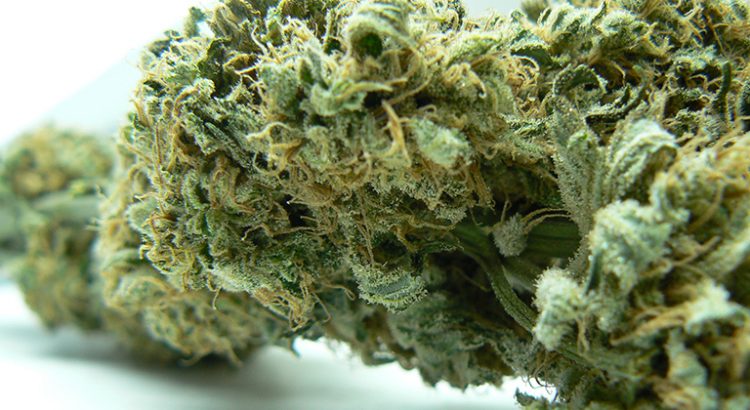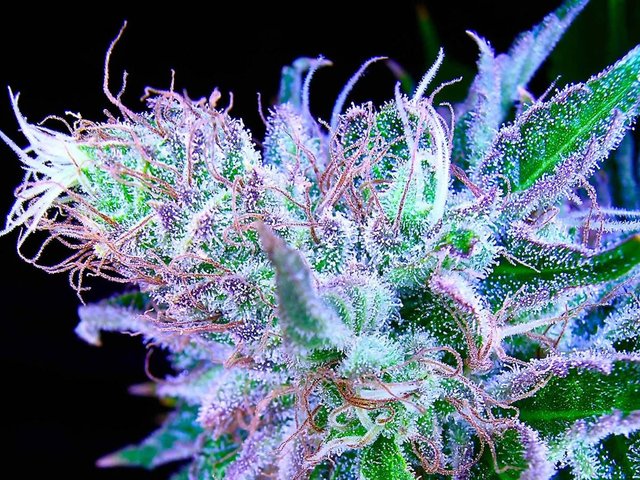Is Cannabis Good or Bad ???????
Throughout most of history, cannabis has been recognized as having antidepressant properties. In the seminal book published in 1621, “The Anatomy of Melancholy,” author and English clergyman, Robert Burton, proposed that cannabis be prescribed as a treatment for anxiety and depression. Burton’s contemporaries, physicians in India, were doing just that.
 Depressingly, despite the anecdotal evidence, we’ve only just begun to truly (scientifically) understand the antidepressant (or pro-depressive) properties of cannabis. For that, we can thank the “War on Drugs” — first initiated as a campaign against marijuana by Harry Anslinger in 1930. And, later reignited by President Nixon with an “official” proclamation of war with the enactment of the Controlled Substances Act of 1971. (And, of course, the “drug war” helped usher in a seemingly infinite number of pharmaceutical options — of questionable efficacy — to alleviate depression.
Depressingly, despite the anecdotal evidence, we’ve only just begun to truly (scientifically) understand the antidepressant (or pro-depressive) properties of cannabis. For that, we can thank the “War on Drugs” — first initiated as a campaign against marijuana by Harry Anslinger in 1930. And, later reignited by President Nixon with an “official” proclamation of war with the enactment of the Controlled Substances Act of 1971. (And, of course, the “drug war” helped usher in a seemingly infinite number of pharmaceutical options — of questionable efficacy — to alleviate depression.

Further, due to the pervasive “reefer-madness”-inspired hysteria that fueled most of our drug policies, overwhelmingly, research funding has gone to study the “potentially” harmful effects of cannabis — until recently. While many researchers spent years accumulating study after study that could demonstrate a causal (cause and effect) relationship between cannabis and depression, over the last decade, a new generation of researchers has systematically debunked most of the studies suggesting cannabis consumption causes depression.
A study hailing from the University Medical Center Utrecht in the Netherlands suggested marijuana could cure depression and anxiety after conducting research that suggests that by activating the endocannabinoid system in the brain, THC can insulate the brain from negative images or emotions.
In Canada, Dr. Gabriella Gobbi of McGill University, a psychiatrist, researcher and professor, had for years heard anecdotally that cannabis was good for depression — from her patients and students. Likewise, Gobbi took note that scientific literature also suggested patients suffering from AIDS, MS, and other disorders, experienced significant improvement in their moods after treating with cannabis. So, Gobbi and her research team conducted an experiment — on experimental animal models (aka “lab rats”).

They found that low to moderate doses of THC acted as an antidepressant. It even increased serotonin levels in these unsuspecting “lab rats.” We’re not sure if the rats were able to do any talk therapy, as well, but given the fact they are — eh hem, rats — we doubt it. However, high doses of THC elicited the exact opposite result and caused the unfortunate little guys to develop symptoms consistent with depression. We assume they were likely lounging around in bed, eating little more than Doritos “Cool Ranch,” while listening to Cat Stevens’ “Greatest Hits” over and over again.
Of course, beyond the obvious fact that this was a study on “lab rats,” not humans, it’s important to note that the rats were injected with synthetic THC only — no CBD. Accumulating evidence suggests CBD, the most prominent largely non-psychoactive constituent in cannabis, provides a potent counter effect to potentially adverse effects of THC. (Hence, why, don’t limit yourself to strains that don’t have CBD — CBD is our friend!) Nonetheless, the researchers findings are consistent with the theory that THC is biphasic — that is, low to moderate doses produced desired effects, while too high of a dose elicits effects most people seek to avoid.
In a nutshell, evidence points to cannabis as being potentially beneficial to treat depression, though the evidence is inconclusive. Likewise, it’s also not likely a significant factor in causing depression. More likely, if a person is depressed, he or she may self-medicate with cannabis. And, most importantly, we should always keep in mind that feeling depressed — even being clinically depressed — is a condition that eventually passes. Ultimately, we can do things to more quickly emerge from having those unwelcome depressive feelings — therapy, exercise, healthy eating, talking to friends, socializing, etc. are all great ways to alleviate depression and keep it away!!
Of course, many people find cannabis helps them alleviate stress, and there are fewer greater risk factors for developing depression than high stress. So incorporating moderate consumption of cannabis with a healthy lifestyle, may very well be a great combo to keep depression away. Buffalo’s Research Institute on Addictions (RIA)’s Samir Haj-Dahmane, PhD, a senior research scientist who studies chronic stress and depression observed: “Chronic stress is one of the major causes of depression.” Haj-Dahmane explains, “Using compounds derived from cannabis — marijuana — to restore normal endocannabinoid function could potentially help stabilize moods and ease depression.”
I THINK IS GOOD
The canabis is better than tobaccos in any case on the long term ! And it is scientifically proved.
im with you @monkrypto ;)
Maybe that's an alien plant ! ;)
yes of course ;)
Neither good or bad. It's Great
Follow back and well share cannabis related articles @crypt07
Keep_calm & stay Weed ^^) @ir3m0del ;) it's done
Feel like it depends on the purpose you use it for and your dosage !
While many researchers spent years accumulating study after study that could demonstrate a causal (cause and effect) relationship between cannabis and depression @journeyoflife thankyou !
Great article. Thanks for sharing man.
you welcome @teighlor ;) follow me & i follow you back !
Its all good!!

True Blueberry is a colorful strain with bright lime green buds, yellow leaves and blue tips. It’s classified as 50% indica and 50% sativa, so its effects are potent, but won’t cause couch-lock. Blueberry backcross is True Blueberry’s parent.
wooooow it's awesome ;)
cool text.
yes it's awesome ;)